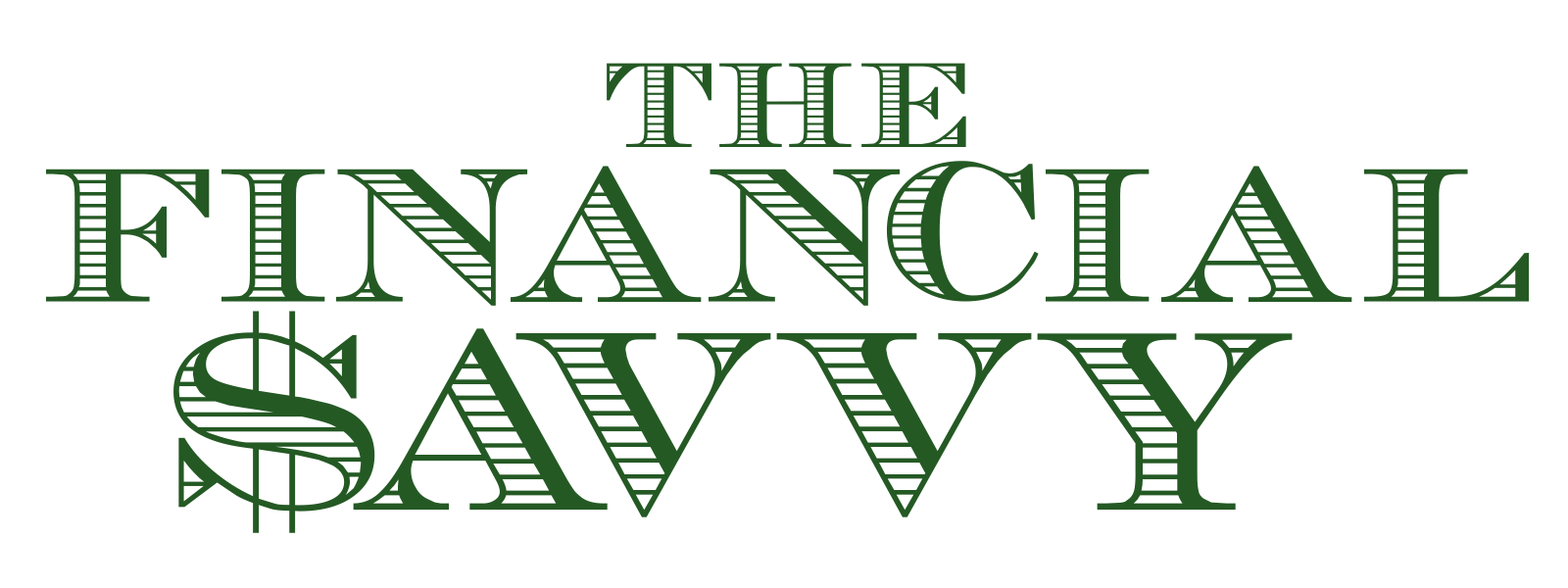Advertisement
Which Is the Better Choice: Pet Insurance or a Pet Savings Account?

Pet Insurance vs. Pet Savings Account: Which Is the Best Option …
Understanding Pet Insurance
Let’s start by exploring the concept of pet insurance. You’re likely familiar with health insurance for humans, and pet insurance operates under a similar model. It covers a portion of your pet’s healthcare costs in exchange for a monthly or annual premium. Depending on the policy, it can cover accidents, illnesses, routine care, vaccinations, and even some preventative treatments.
Not all pet insurance policies are the same. They vary in terms of what they cover, their cost, their deductibles, and their reimbursement levels. The right choice depends quite significantly on the pet’s age, breed, health condition, and the pet owner’s budget.
One key advantage of pet insurance is its potential to pay off in unpredictable circumstances. If your pet experiences a sudden accident or illness that requires costly treatment, you’ll be glad you invested in pet insurance.
For instance, if your dog swallowed a foreign object and needed emergency surgery, which could easily run up to $3,000 or more. If you’ve got pet insurance, you might only have to out-pocket a few hundred dollars.
- A range of coverage options are available
- Protection against large, unexpected costs
- Allows for optimal care without excessive financial strain
- Can choose veterinarians and specialists freely – not limited by network restrictions
- Appropriate for pets prone to accidents, certain illnesses or hereditary conditions
- An essential tool if budgeting for unpredictable expenses is a concern
Understanding Pet Savings Account
A pet savings account, on the other hand, is a bank account set up specifically for covering your pet’s healthcare expenses. Instead of paying a premium to an insurance company, you would deposit money into this account routinely.
Pet savings accounts are self-managed and do involve disciplined regular deposits. The idea is to consistently contribute an amount that you’d typically pay as a monthly premium for pet insurance.
A considerable advantage is the flexibility it offers, and you’re always in control. You can use the funds however and whenever you need, without waiting for claim approvals or worrying about policy exclusions.
Imagine if your cat intermittently needs expensive medication. Instead of going through the process of claiming this from insurance every time – which might not even be available depending on your plan – you could simply withdraw the required amount from your savings account.
- Full control over your funds
- No risk of premium increases
- Avoidance of complex claims processes
- Revenue generation opportuity through interest earnings
- Useful for pets having non-urgent and consistent medical needs
- Simple to set up and manage provided disciplined regular deposits
Key Factors to Consider
Recognizing the common factors that influence the decision between pet insurance vs. a pet savings account helps to define what’s best for your pet’s needs.
Consider the age and breed of your pet. Younger pets generally have fewer health problems and would typically cost less to insure. Certain breeds are prone to specific health issues, so consider whether any potential genetic conditions could affect your pet.
Hereafter some situations illustrating how these factors could influence the decision.
As an illustration, let’s say your puppy is of a breed prone to hip dysplasia, which can entail costly surgeries and ongoing treatment. With this in mind, despite your pet’s young age, pet insurance might represent a better investment.
- A pet’s age significantly impacts insurance costs and savings requirements
- Breeds predisposed to certain conditions can make insurance more valuable
- Nature of pet’s lifestyle (indoor vs. outdoor) and location might influence
- Availability of financial resources for emergency care influences the decision
- Comfort with saving and managing funds for veterinary expenses matters
- Tolerance of risk and dealing with unpredictable large bills play a role
Cost Comparison: Pet Insurance Vs. Pet Savings Account
Here, we delve into the one aspect everyone thinks about – cost! Both pet insurance and pet savings accounts have their own pros and cons when it comes to cost management.
Pet insurance premiums can range depending on numerous factors including breed, age, geographical location, and the type of coverage you choose. Generally, expect higher premiums as your pet gets older or develops chronic health issues.
Take a Labrador Retriever, prone to chronic conditions like hip dysplasia. Due to these known breed-specific conditions, insuring a Lab can drive up annual premiums significantly.
- Premiums vary widely based on numerous factors
- Chronic conditions can result in high insurance costs
- Deductibles and reimbursement levels greatly influence out-of-pocket costs
- Non-covered procedures can abruptly increase your total bills
- Routine care coverages, if opted, boost your premium
- Different providers offer various pricing models – there is no “one-size-fits-all” cost
A Look at Accessibility and Ease of Use
It’s also important to examine how accessible and easy both options are, involving processes like obtaining coverage or funds, submitting claims, or managing the account.
With pet insurance, the process of securing coverage might entail veterinary exams and waiting periods. Once insured, you may have to deal with paperwork associated with claims, policy renewals, or changes.
In reality, your elderly dog suddenly needs treatment for Arthritis, and you have pet insurance. Upon visiting the vet, you’ll need to pay upfront, then submit a claim to your insurance company for reimbursement.
- Insurance policies can involve waiting periods and exclusions
- Claim submission may require paperwork
- Coverage changes or cancellations can be complicated
- You might have to pay for vet visits upfront in case of insurance
- Insurance utilizes a “reimbursement” model
- Insurance providers dictate certain portions of care – denying claims based on policy terms
Evaluating Potential Returns: Pet Insurance vs. Savings Account
Lastly, let’s contemplate how each option could potentially offer financial returns over the long term.
With pet insurance, there’s a probability of not getting out what you’ve put in if your pet remains relatively healthy throughout their life. Meanwhile, pet savings accounts could grow through interest, provided you opt for an account that offers an interest feature.
Consider this scenario, you’ve got a cat, which stays indoors and live a low-risk lifestyle. Over the years, your regular deposits into a pet saving account accrue more value through earned interests, offering a worthwhile return.
- Healthy pets could mean ‘lost’ premiums in insurance
- Potential depreciation of insurance value due to inflation
- No growth on insurance premiums – zero ROI if no major health issues faced
- Savings accounts can grow with interest
- The disciplined building of savings can lead to significant balances over time
- On retirement or end-of-life, pet savings can be converted into personal use
| Pet Insurance | Pet Savings Account | |
|---|---|---|
| Coverage | Based on policy terms | Not applicable |
| Cost | Varies with breed, age, location and type of coverage | Self-determined monthly deposits |
| Accessibility | May involve waiting periods, vet exams, claims paperwork | Immediate, subject only to banking regulations |
| Potential Returns | No return if pet is overall healthy | Can grow over time through interest |
Final Verdict: Pet Insurance vs. Pet Savings Account?
As we arrive at the end of our in-depth look at pet insurance and pet savings accounts, it’s clear that both come with distinct advantages and drawbacks – what works best will invariably depend on your individual circumstances and your pet’s unique needs.
If you are risk-averse and prefer the peace of mind knowing that large, unexpected expenses would be covered, pet insurance can be the right choice.
However, if you’re willing to manage your own funds and want greater flexibility for veterinarian bills or potentially higher financial returns in the long run, a pet savings account could be beneficial for you.
Seeking Professional Advice
While this guide offers valuable information in the decision-making process, it’s always prudent to consult with a professional financial advisor or a trusted veterinarian to review options based on your specific situation and your pet’s health requirements.
They can provide insights into potential medical costs for your pet’s breed and age, and help evaluate different insurance policies or saving strategies, ensuring you make the most informed decision.
In conclusion, regardless of whether you choose pet insurance or a pet savings account, what matters is securing peace of mind that you can provide for your furry friend’s healthcare needs. Taking the time to make this important financial decision underscores the care and love you have for your pet.
Hide Advertisement
About
The Financial Savvy
Our goal is to help our users get their personal finances in order, live a life free of money-related stress, and to feel empowered to not only make smart choices but make the best choices with their money.
We are a leading digital reference platform for personal finance management tips and tools. From learning how to effortlessly track your cashflow and gain insights that’ll help you see easy opportunities to information on how to save and find the best deals and discounts we have you covered. Our categories include Budgeting, Job Hunting, Groceries, Credit Cards, Credit Scores, Home & Home Buying, Investing, Retirement Planning, Car Related, Medical Related and much more...
We are a leading digital reference platform for personal finance management tips and tools. From learning how to effortlessly track your cashflow and gain insights that’ll help you see easy opportunities to information on how to save and find the best deals and discounts we have you covered. Our categories include Budgeting, Job Hunting, Groceries, Credit Cards, Credit Scores, Home & Home Buying, Investing, Retirement Planning, Car Related, Medical Related and much more...












